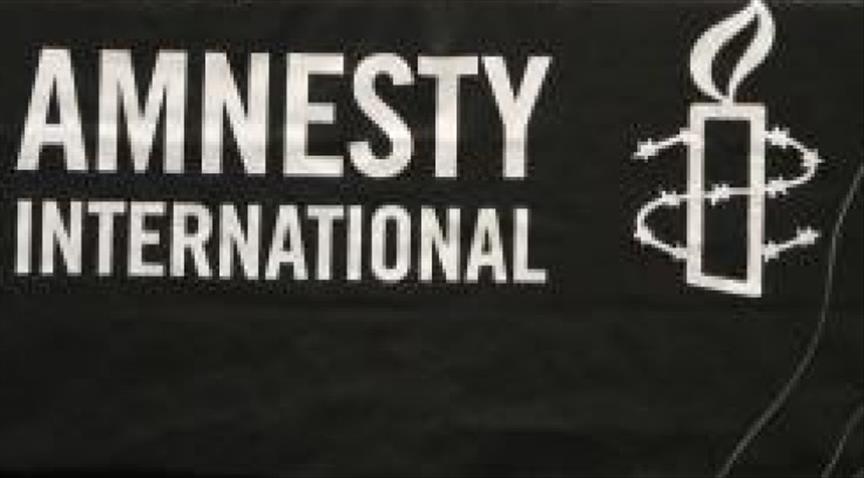The global oil giant Royal Dutch Shell failed to clean oil spills in Nigeria's oil-rich Niger River Delta region, Amnesty International said Tuesday.
The international organization said Shell first started pumping oil in the delta, which is home to 31 million people, in 1958, and now runs around 50 oil fields and a 5,000 kilometer-long pipeline network.
According to the organization, Shell has admitted to 1,693 oil spills, which is equal to over 50 million liters of oil since 2007, in the 70,000 square kilometers of the Niger Delta.
"Every year, more oil from its broken pipelines and wells seep into the delta’s water and soil. Shell makes billions of dollars from selling oil and gas every year, and spends a fair bit of it on glossy marketing. But, no amount of shiny PR can hide the sticky black truth about Shell’s ongoing pollution in southern Nigeria’s oil-rich Niger Delta," Amnesty wrote on its website.
In a joint report with the Centre for Environment, Human Rights and Development, Amnesty said Shell's oil spill investigations, also known as Joint Investigation Visit (JIV), also contain "several serious deficiencies and abuses."
The report said there are systemic flaws in the oil spill investigation process, in which the causes of oil spills are sometimes attributed to sabotage and oil theft.
Amnesty said there is also "a lack of transparency and oversight" on new JIV reports of Shell after 2011.
In addition, other institutions and organizations claim Shell failed to uphold environmental safety during its oil activities before 2011 as well, according to Amnesty's report.
The African Commission on Human and Peoples’ Rights said in 2011 "pollution and environmental degradation to a level humanly unacceptable has made living in Ogoniland a nightmare."
In 2006, the UN Development Program noted "the oil companies, particularly Shell Petroleum, have operated for over 30 years without appreciable control or environmental regulation to guide their activities."
Amnesty' report also said the Nigerian government has failed to prevent environmental damage, human rights abuses, and added that regulatory oversight of the oil industry in the Niger Delta is extremely weak.
By Ovunc Kutlu
Anadolu Agency
ovunc.kutlu@aa.com.tr


